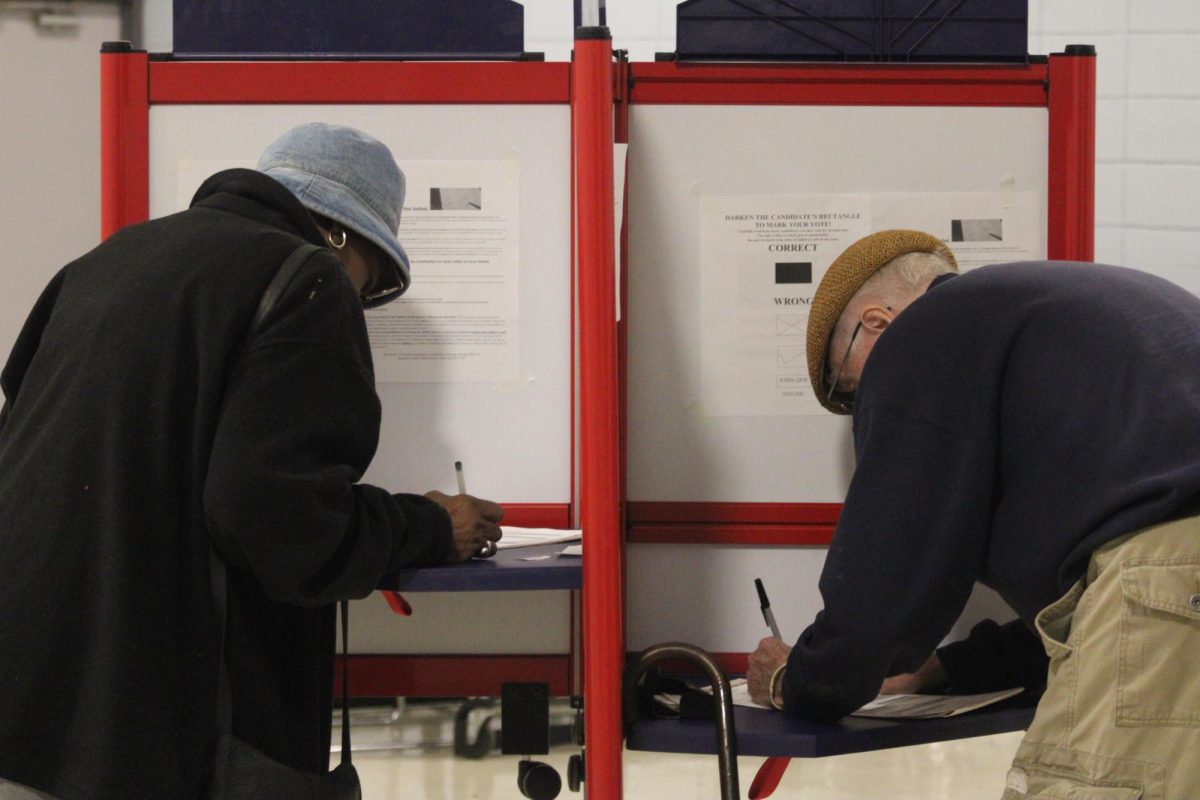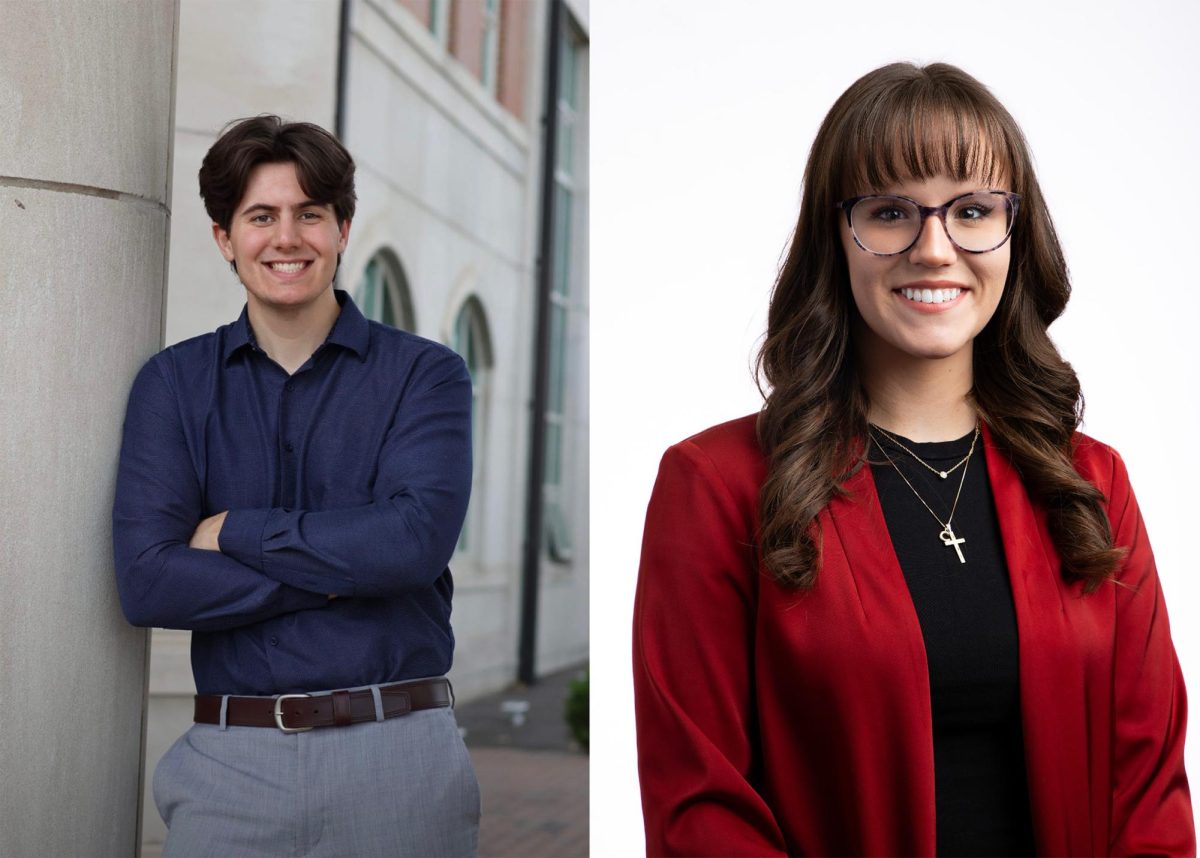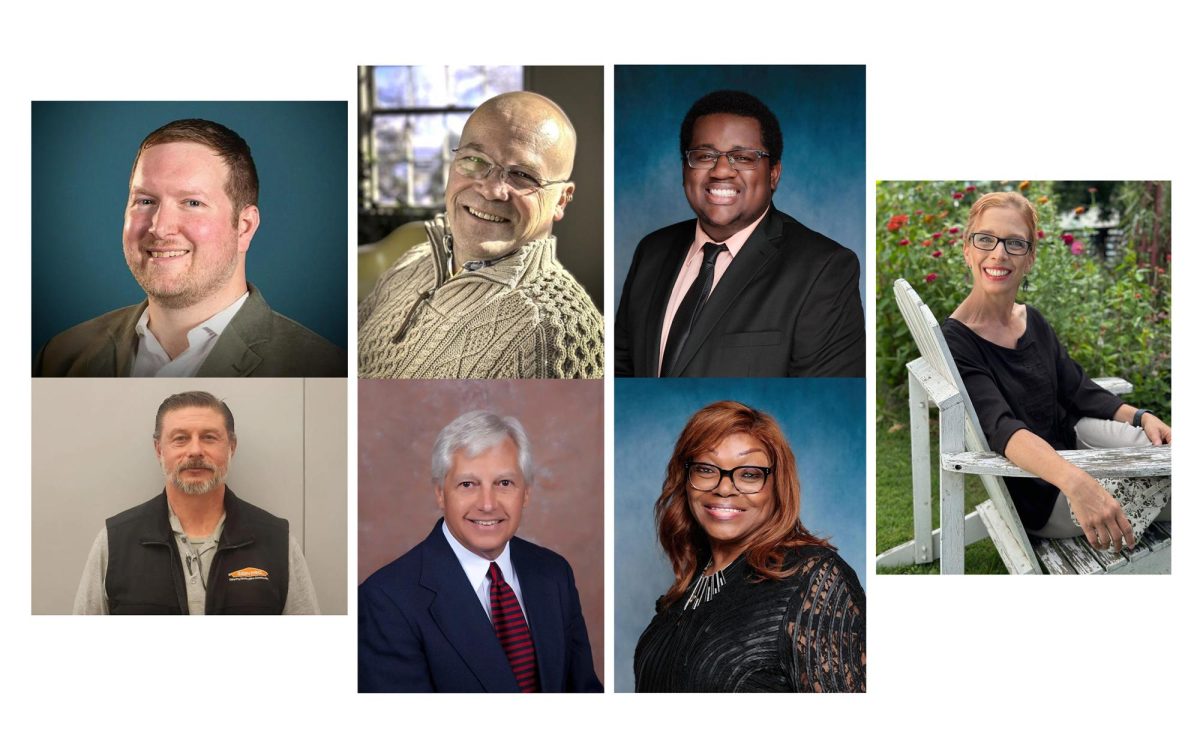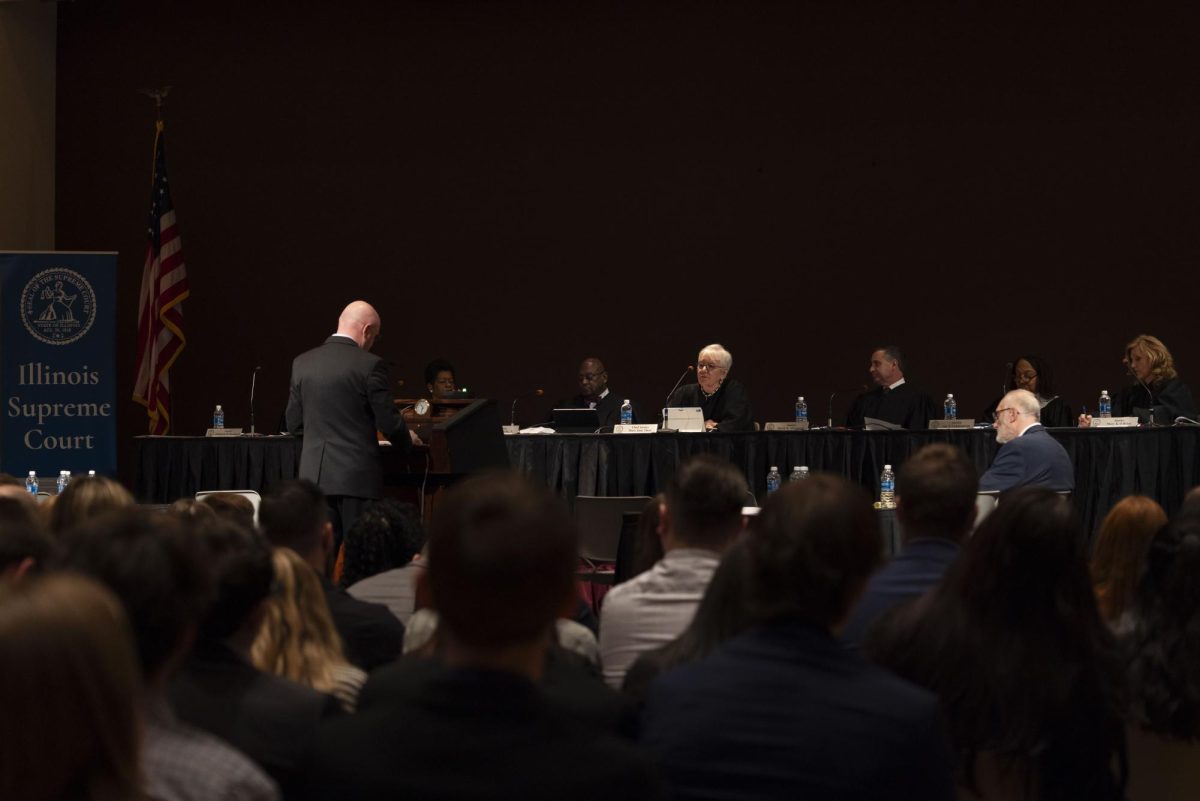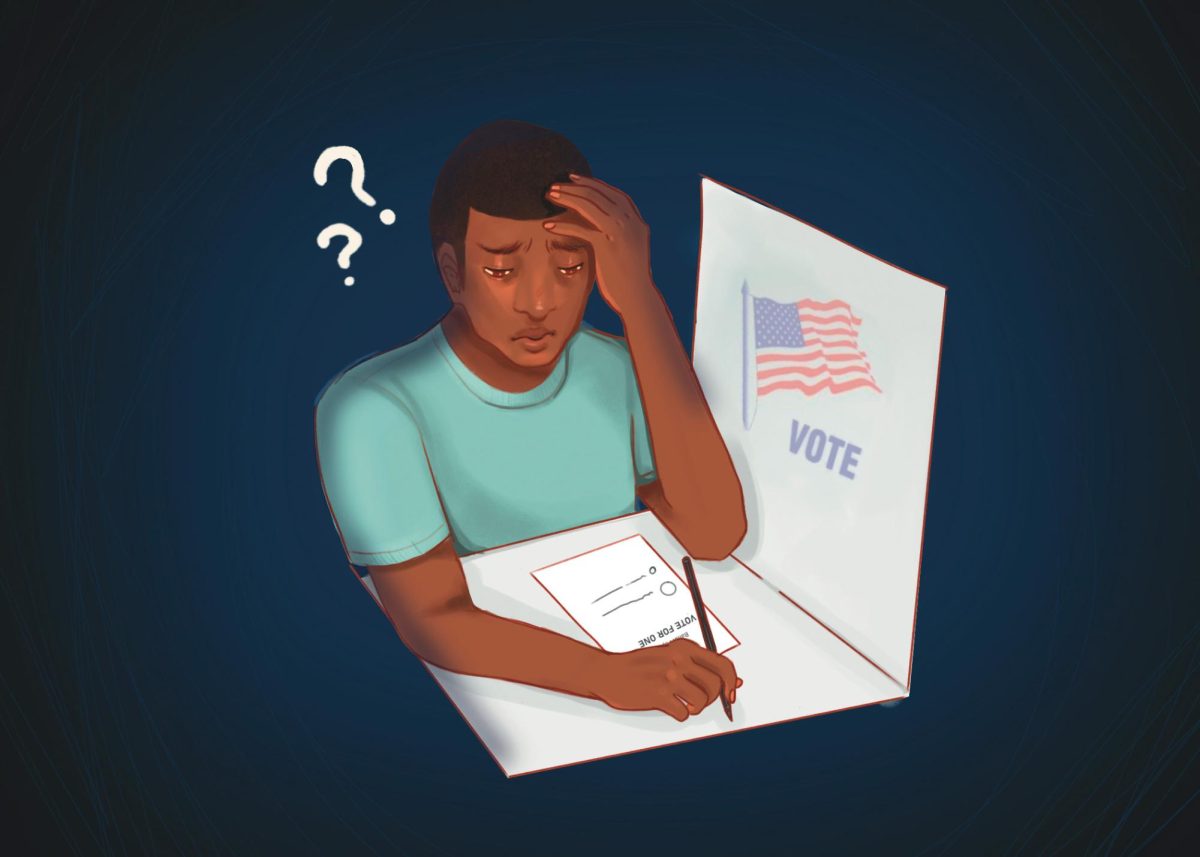Nearly two months after the U.S. Supreme Court ended affirmative action in college admissions, a program that had been in place for more than 50 years, students across Illinois are talking about what it means for themselves, others and universities as a whole.
According to Nina Totenberg’s June article on NPR, titled “Supreme Court guts affirmative action, effectively ending race-conscious admissions,” the court’s decision “ends the ability of colleges and universities – public and private – to do what most say they still need to do: consider race as one of many factors in deciding which of the qualified applicants is to be admitted.”
Jalen Ralph, a biracial finance major at SIU, isn’t overly concerned about the end of affirmative action.
Advertisement
“I think that if we’re trying to move forward and try to get rid of racism or discrimination as a whole, I don’t think we should have affirmative action,” he said.
It’s important to note that while colleges cannot explicitly consider race, they are not prohibited, according to Chief Justice John Roberts, from “considering an applicant’s discussion of how race affected his or her life, be it through discrimination, inspiration, or otherwise.”
Shaughn McGuire, a biracial architectural studies major at the University of Illinois, thinks that universities, even if they can’t explicitly consider race, will still likely take it into account where appropriate.
“There’s nothing really stopping a college from accepting someone because of their race. Even though it may be banned, but there’s no way to prove it,” McGuire said.
The diversity of campuses, something that is celebrated at many schools, could possibly suffer due to the end of affirmative action, many observers say.
Liam Killian, a White student at Illinois Wesleyan University and a double major in history and international and global studies, thinks that the celebration of diversity could suffer, both on and off campus.
“There’s many things that bring diversity, and I think that the issue with not having affirmative action is that it removes an aspect of diversity, it removes race. And in doing so, you’re not eliminating diversity, but you are… cutting down on what diversity means,” Killian said.
Advertisement*
Fern Lilley, a White double major in philosophy and history from SIU, also thinks that affirmative action was playing an important role in diversity.
“Diversity is crucial for the development of global unification. In my eyes, I don’t think affirmative action is the answer we need, but it was helping us get to where we needed to be,” they said.
Lilley suggested the Supreme Court ruling is premature.
“We cannot be a post-racist society if different cultures fail to interact. We shouldn’t need affirmative action but we do, and we definitely rid ourselves of it too soon,” Lilley said.
Andrew McDaniels, an African American education major at SIU, thinks the degree to which diversity will be affected depends largely on what structure for diversity was in place before.
“If colleges were looking at, occasionally, the race of a person in order to increase the diversity of their campus… then in some places [diversity] might take a hit. And some places, where diversity isn’t a big factor or something they don’t really care about, then in light, it will definitely suffer there,” McDaniels said.
Just after the ruling was announced, SIU administrators said it won’t directly affect admissions at this university.
“While the SIU System does not use race as a factor in undergraduate admissions decisions, our campus leaders are deeply concerned about the court’s decision. Today’s ruling coupled with similar decisions in several states across the country, may embolden critics of diversity and reverse generations of progress at colleges, universities and the nation.”
McDaniels is optimistic about the future of diversity, despite the ruling.
“It’s going to make some waves in the water; some places are gonna get hurt, but I think as an overarching idea, I think we’re going to be ok,” he said.
One of the main concerns over affirmative action is how students who may have benefitted from it in the past are going to be affected as they try to gain entry to colleges.
Killian said, “I think they’re going to have a harder time getting into university… I think that’s an awful thing.”
McGuire has a different take.
“I feel like although affirmative action is gone, people of diverse backgrounds will still continue to be accepted into universities and will still continue to go to universities,” he said.
McGuire also pointed out that as diversity in all aspects of America grows, it likely will in colleges too.
“So even if a lower percentage of people of colors are starting to be accepted into said colleges and said universities, the plain fact is that every part of America is becoming more diverse. So universities will follow that trend as well,” he said.
Ralph points out the end of affirmative action may change how students view college and ultimately getting in.
“If we were to instill within, you know, all the cultures that getting education and then a job that pays well, if we were to push that instead of just saying because of your race, we’re going to give you more benefits, I think that would hopefully push them to push themselves instead of just, you know, giving out free stuff,” he said.
Ralph also sees another possible benefit to the end of affirmative action: it may help universities keep more of their students.
He said affirmative action “gets people in, but it doesn’t really help them stay” or doesn’t give them incentive to.
“I think some people will obviously have issues with it,” Ralph said. “But if we, you know, if we’re trying to help people, genuinely people of all color, all beliefs, I don’t think overall this should be a major issue.”
Advertisement






